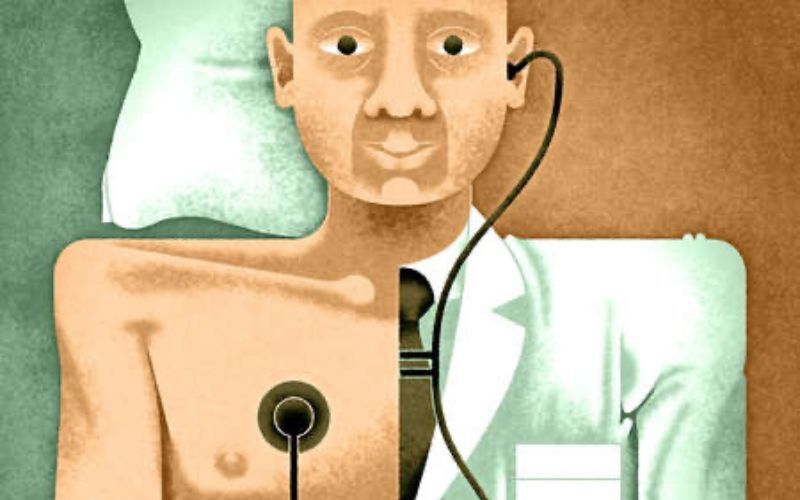Empathy in Health Care

© Megaflopp | Dreamstime.com - Friendly female doctor's hands holding patient's hand
Daniel H. Pink proposed a simple test of empathy in business whereby the subject is asked to write the letter “E” on their forehead. If they write the letter so others can read it then they are empathetic. Clearly not a scientific test although there are other tests developed by psychologists which do measure how empathetic a person might be. Empathy is an attribute we all want in our health care provider and some have more of it than others.
The Relationship Between Physician Empathy and Disease Complications: An Empirical Study of Primary Care Physicians and Their Diabetic Patients in Parma, Italy. Stefano Del Canale, MD, PhD, et al. Acad Med. 2012 Sep;87(9):1243-1249.
The above article suggests a link between empathy and better results for patients. Recently the Wall Street Journal published a list of things to be considered when choosing a primary care provider (below). The first on the list is about empathy:
- Does the physician make you feel comfortable and listen to your concerns and opinions?
- Does the office seem to function smoothly? How easy is it to get an appointment or get care outside regular office hours?
- Does the practice track your care and alert you to gaps?
- Do specialists’ results automatically get sent back to your doctor and discussed with you?
- Does the practice accept your insurance, or charge your directly? Will it help you keep costs down when possible?
When you are looking for a health care provider finding one who will take new patients is hard enough. Trying to pick one who is empathetic from the phone book is just not reasonable. In fact, there are lots of traits one would like to have in a provider like timeliness, honesty, communication skills, medical knowledge, and surgical skill just to name a few. A good recommendation from a friend is worth a lot. Be careful when picking a highly charismatic provider since charisma is not the same as empathy or skill.
Health care providers self-select a specialty to some degree based on personality. Family doctors and nurses tend to have good interpersonal skills. Nurse practitioners often are very empathetic people. Pathologists and radiologists don’t have much (live) patient contact for a reason. Some surgeons (who work while your are asleep) don’t always have high empathy scores — but in that circumstance surgical skill really is what you want.
See article from source:

